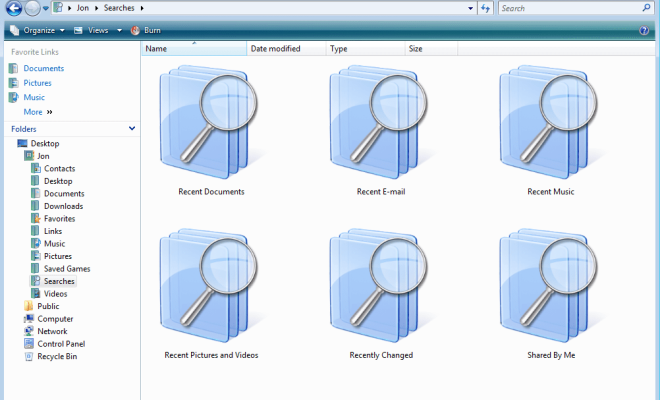What is DRM-Free?

DRM stands for Digital Rights Management, a term that refers to the various technological measures used by content providers to limit the access or use of their digital products by consumers. DRM systems typically rely on encryption, authentication, watermarks, and other techniques to control how digital content can be accessed, copied, shared or distributed.
DRM is often considered a controversial technology because it can be seen as a form of censorship, preventing users from freely using the products they have purchased. DRM can also limit the interoperability and compatibility of digital content across different devices and formats.
DRM-free, on the other hand, refers to digital products that are not protected by DRM technology. This means that users who buy or obtain DRM-free products can use them as they wish, without any limitations or restrictions imposed by DRM.
For example, a DRM-free ebook can be read on any device or software that supports the file format, and can be shared or copied without any restrictions. Similarly, a DRM-free music file can be played on any media player or burned to a CD without any limitations.
By offering DRM-free products, content providers give users more freedom and control over how they use their digital purchases. This can lead to increased user satisfaction and loyalty, as well as better interoperability and compatibility across different platforms and devices.
DRM-free products are also seen as a way to promote innovation and competition in the digital market, by allowing new entrants and smaller players to offer alternative and innovative solutions to consumers.
Some content providers, such as music labels and book publishers, have already started offering DRM-free products as an alternative to traditional DRM-protected formats. Others, however, still rely on DRM to protect their content and prevent unauthorized use or distribution.
In conclusion, DRM-free is a term that refers to digital products that are not protected by DRM technology. While DRM can limit user freedom and compatibility, DRM-free products offer more flexibility and control to users, potentially leading to better user experiences and more innovation in the digital market.





